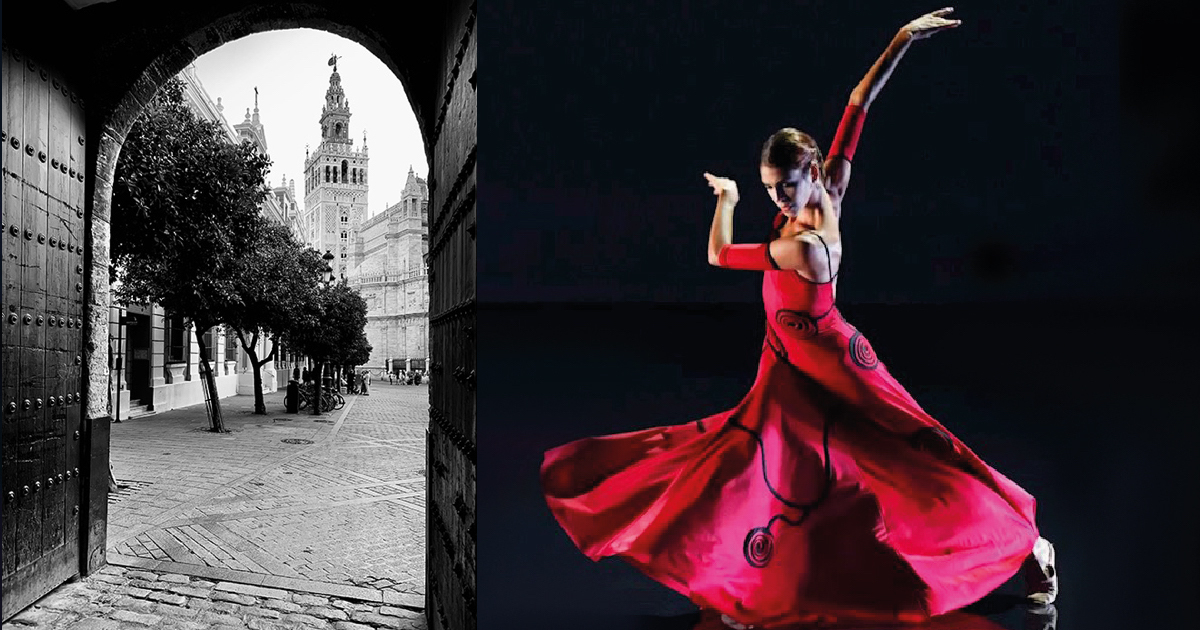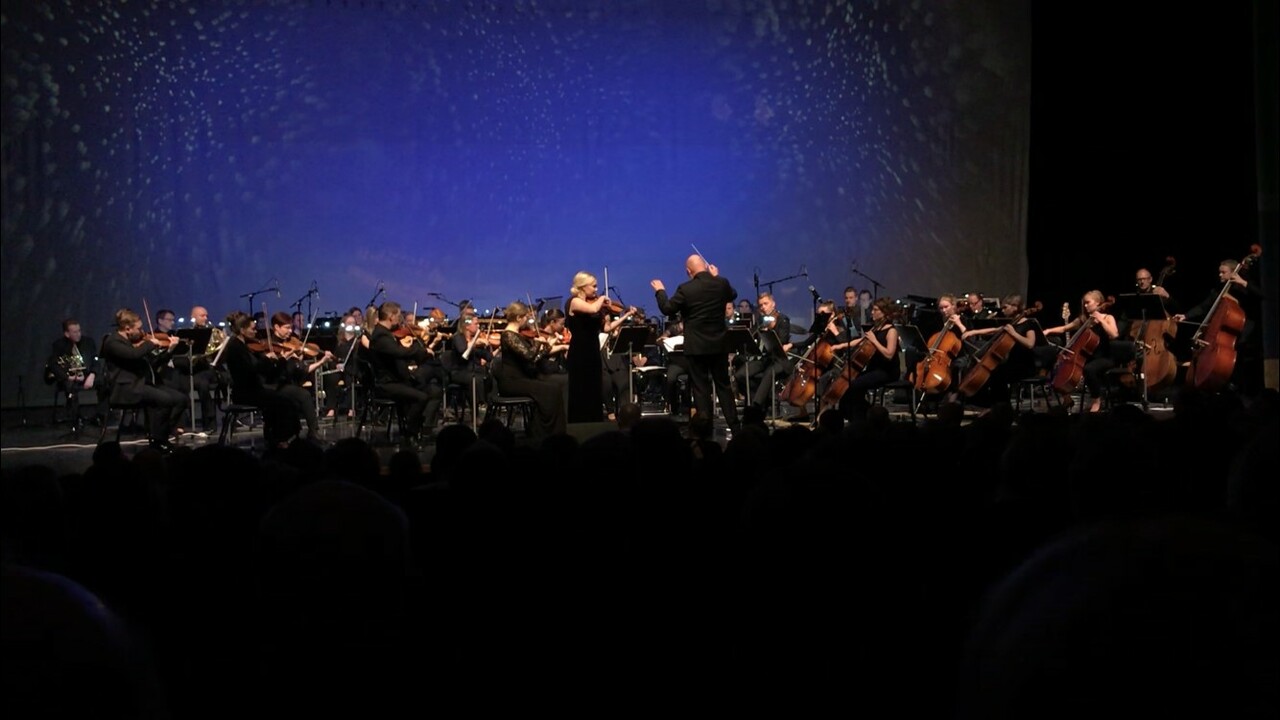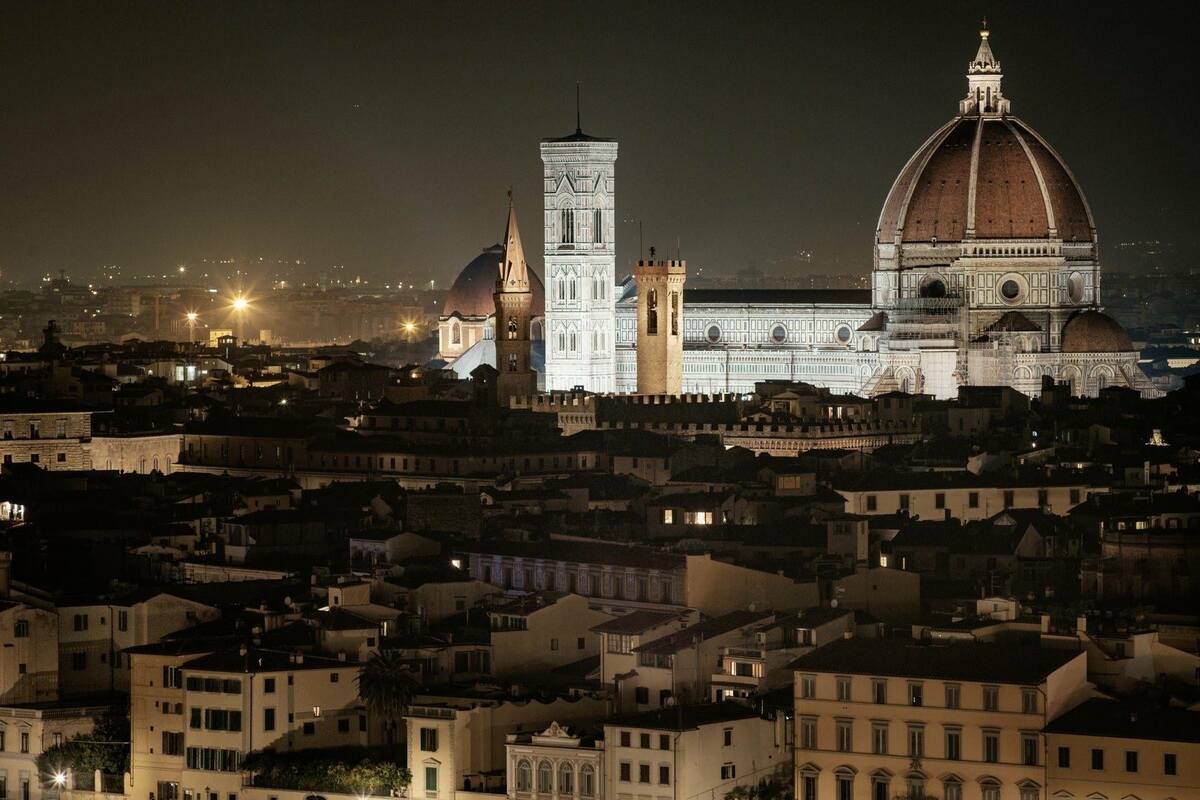ALCHEMIA in short by Riccardo (OFFICIAL!)
An interesting video about Latvian Song and Dance festival
Turina y la Danza
Alhambra y Manuel de Falla
Copy of BRUSSELS ROYAL LIBRARY, department of music manuscripts
Click on picture for digital images of the full manuscript
Copy of BRUSSELS ROYAL LIBRARY, department of music manuscripts
Myn hert altyt heeft verlanghen (Flemish song) - Pierre de la Rue
for digital images click on picture
BRUSSELS ROYAL LIBRARY, department of music manuscripts
Theory lesson by the Latvians
Children choir Lielvarde
Latvia, Song and Dance festival
Ylä-Savo sinfonietta, Iisalmi
Iisalmi in winter
Iisalmi Cultural Center
Firenze (by night)
Villa La Torraccia Photo 2 (Scuola di Musica di Fiesole)
Villa La Torraccia Photo (Scuola di Musica di Fiesole)
ALCHEMIA in short by Riccardo
ALCHEMIA in short by Riccardo
A.L.C.H.E.M.I.A Erasmus+ project
A.L.C.H.E.M.I.A. (Alliance of Cultural Heritage Exchange for Musical Innovation and Acquisition) is an Erasmus+ project organized by music schools from Finland, Italy, Latvia, Belgium and Spain.
Goal: to create a Best Practice teaching Guide in Music Education.
How?
Using the national music repertoire of the national heritage of each country. This repertoire will be taken into pedagogic use by benefiting the expertise of each participating partner.
A.L.C.H.E.M.I.A. will take place during 2021-22 and 2022-23 academic years.
There will be 5 different study-packs.
At the end of each of them there will be a meeting in the different countries (multiplier event), where delegates (students and teachers) from each institution involved carry out the conclusion of the activity.
All mobility costs will be covered by EU funding.
This is A.L.C.H.E.M.I.A. schedule:
Belgium – Academie voor Muziek, Woord en Dans – Bornem
Study-pack: September – December 2021
Multiplier event in Belgium: January 2022
Focus: vocal and instrumental improvisation technique of the Franco-Flemish polyphony (XV and XVI century)
Latvia – Lielvarde District Music and Art School – Lielvarde
Study-pack: November 2021 – April 2022
Multiplier event in Latvia: May 2022
Focus: educational experience in teaching vocal and choir theory
Italy – Scuola di Musica di Fiesole – Fiesole / Firenze
Study-pack: February – May 2022
Multiplier event in Italy: June 2022
Focus: educational experience in music education in ensemble settings (strings and piano)
Spain – Conservatorio Profesional de Osuna – Osuna
Study-pack: September – December 2022
Multiplier event in Spain: January 2023
Focus: educational experience tied to ensemble, with specialization in wind instruments and guitar
Finland – Iisalmi Ylä-Savo Music School – Iisalmi
Study-pack: November 2022 – February 2023
Multiplier event in Finland: March 2023
Focus: educational experience tied to creativity (creating one’s own music: improvisation, composition, digital methodologies)Short description of the Italian study-pack
Scuola di Musica di Fiesole – Fiesole / Firenze
Orchestral and chamber music activities have always played a fundamental role in the Scuola di Musica di Fiesole teaching-methods. String and piano (as well as harp) students begin to play together just after their very first steps with their own instruments, being part of the various Orchestras dedicated to the different levels and ages (from Micromusici up to the Orchestra dei Ragazzi). As soon as possible they also start having chamber music lessons.
The Scuola di Musica di Fiesole study-pack provides sharing ensembles' methods and repertoires, involving music students of different ages, levels and backgrounds in orchestral and chamber music experiences, stimulating their own instrumental and human growth.
Short description of the Finnish study-pack
Ylä-Savo Music school
The Finnish Ylä-Savon Musiikkiopisto will collect and share with other project partners a collection of songs from the Kalevala, different folk songs and material from the Finnish national romantic era with other partners. Each partner will choose one piece and recompose it by connecting it with a piece representing the heritage of this other partner’s culture.
The Finnish study pack will contain guidelines how the student can use his/her own creativity in improvising and composing.
Short description of the Latvian study-pack
Lielvarde Art and Music school
The point of the Latvian study pack is to search for new ways and methods to combine singing and choir with music theory teaching using musical material of the traditional national heritage of each country. Latvia has a wonderful history of respecting traditional songs and dances and there is a lot for the other partners to learn about this attitude. Latvia is also known as a singing country, where singing and dancing has influenced even their political history as a form of so-called singing revolution. It goes without saying that the level of the choir and vocal education is at the top level.
However, the course won’t be for singers only, but also for instrumentalists who will be encouraged to use their voice as a natural mean of musical expression. This will open a door for the attitude to integrate instrumental studies with theory and solfege as well in the future.
Short description of the Belgian study-pack
Academie Muziek Woord Dans Bornem
Improvised polyphony was a widely spread practice from the XIVth to the XVIth century.
The Low Countries was the cradle of what we call today Franco-Flemish polyphony.
The music school of Bornem (Belgium) is located along the river Schelde. This river was not only important for
trade but also the vein for spreading the flourishing practice of polyphony.
Young boys were trained at an early age in improvising polyphony and writing 3-part up to 5-6 part polyphony.
This way of singing was wanted all over Europe in these days and boys were transferred to other important
royal chapels and religious institutions like the Vatican.
What's left today are luxurious manuscripts with a body of fantastic polyphony.
These choirbooks are silent witnesses of important musical heritage.
During the sessions of ALCHEMIA we will bring alive the improvising techniques of those dates based on output by recent scholars.
How to improvise 2-part polyphony, how to create realtime a canon, how to improvise a faux-bourdon.
Reading the manuscripts requires also basic knowledge of the mensural notation. A way of notation that is context related.
During the mobility days in Belgium we will exchange all our improvising experiences and we will visit the Royal Library of Belgium in Brussels to see the manuscripts where singers were singing from 500 years ago.
Short description of the Spanish study-pack
Conservatorio Profesional de Osuna – Osuna
Students will enjoy an immersion in the tradition and heritage of Spanish Music through guitar, wind instruments, singing and dancing.
They will dance Spanish dances to learn the basic rhythms and sing popular songs to get closer to the spirit's composers such as Manuel de Falla. They will also play in music ensembles to feel and enjoy Andalusian band tradition.
During our free time, we will plan some cultural visits to Seville. We will visit the Professional Dance Conservatory of Seville, some Music Bands and participate in a body percussion workshop. This experience will fullfil our great Concert.
Wind, singing and guitar ensembles will be created to learn the teaching method used in the Osuna Profesional Conservatory of Music.













